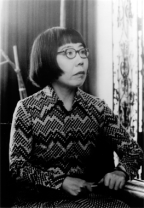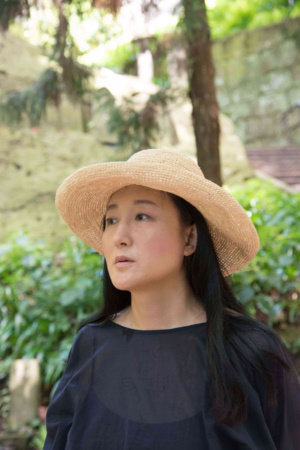When I applied to Wesleyan, I intended to major in psychology and East Asian Studies. I had also intended to write a senior thesis. Now, as a current senior in her fall semester, I am a double major in psychology and the College of East Asian studies who is currently working on her senior thesis. However, despite following this intended trajectory, my pivot and focus towards storytelling was unexpected (yet welcome).
After having taking a Proseminar (an introductory overview concerned with methodologies and approaches to the interdisciplinary field of East Asian Studies) with my current thesis advisor, I decided to take another course with him the following spring semester of my sophomore year. This course CEAS390, or “Politics and Society in Japanese Women’s Writing,” was challenging—in addition to grappling with difficult and complex themes ranging from precarity and neoliberalism to environmentalism and sexual assault, as a seminar course, lively class discussions were expected. In this seminar, I not only learned about Japanese history and culture, but I specifically learned about the plights of Japanese women. During the course, I realized there were many parallels between Japanese women and Korean women regarding their precarious status in their respective societies. This inkling observation would later serve me in formulating the skeleton of my senior thesis.








Moreover, the discussions we had in class were, though serious and respectful to the subject matter, very enjoyable—it was empowering and encouraging to dissect and analyze the text and consider its greater context with a small group of fellow students who were as equally passionate about the course. In addition to empowerment, the input of others’ unique perspectives supplemented my own understanding of the texts and introduced me to different approaches to analyzing them as well. Being in this supportive and motivated environment was empowering—I realized that other students, other colleagues of mine, truly cared about literature and its power to engender care and discussion regarding the narratives and realities of the communities in these stories.
This focus on storytelling and the narratives of women living the realities of Korean and Japanese societies would become pillars of my senior thesis. Without this course, my current thesis would not be where it is today.
